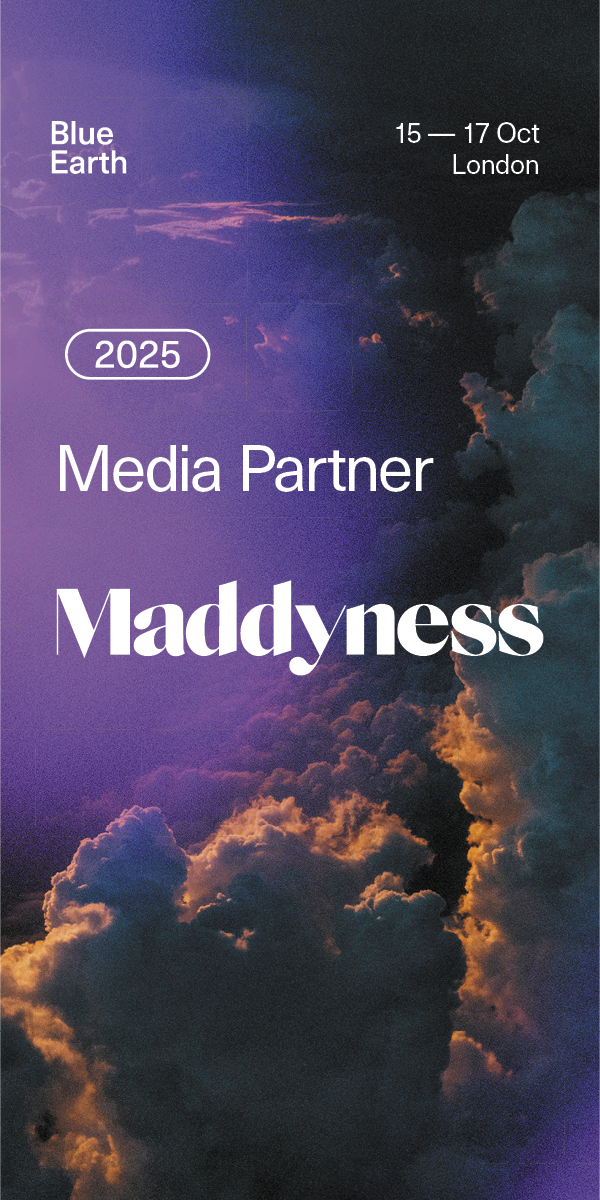How the 5G coronavirus conspiracy theory went from fringe to mainstream
The first link John Gregory saw pushing a connection between 5G and the coronavirus pandemic was on a French conspiracy website called Les moutons enragés, which loosely translates as 'The rabid sheep'. A January 20 post floated that the millimetre wave spectrum used by 5G technology and COVID-19, the disease caused by the novel coronavirus, could be related, pointing to reports about Wuhan installing 5G towers before the outbreak. Three months later, conspiracy theorists making similar claims were setting cellphone towers on fire in Europe. Read the full article via Vox.
20 ways 2020 changed how we use technology forever
“We’ve witnessed that there’s a tech solve for each of our disruptions: shopping, therapy, concerts, drinking, games, you name it,” said Matt Klein, director of strategy for Sparks & Honey, a consultancy that studies cultural trends. “Are these experiences exact replicas? No. But it paints an optimistic future.” Here are 20 ways that 2020 altered our relationship with tech devices, possibly for years to come. Read the full article via the Wall Street Journal.
The confessions of Marcus Hutchins, the hacker who saved the internet
At 22, he single-handedly put a stop to the worst cyberattack the world had ever seen. Then he was arrested by the FBI. This is his untold story. Read the full article via Wired.
Banning apps like TikTok is a slippery slope. Here's why
The banning of video-sharing app TikTok by various countries is emblematic of a growing tech cold war. Bans of this kind could have long-term implications – both good and bad – in areas such as competition, trade, and investment. Regulators should instead take a more nuanced approach to overseeing this sector. Read the full article via World Economic Forum.
Why I’m joining Facebook’s oversight board
Alan Rusbridger was the editor in chief of The Guardian between 1995–2015. He is Principal of Lady Margaret Hall; Chair of the Reuters Institute for the Study of Journalism; and the author of Breaking News: The Remaking of Journalism and Why It Matters Now. Here, he explains why the social media giant 'needs independent, external oversight'. Read the full article via Medium.










